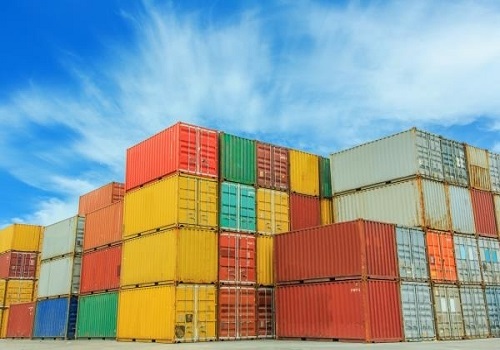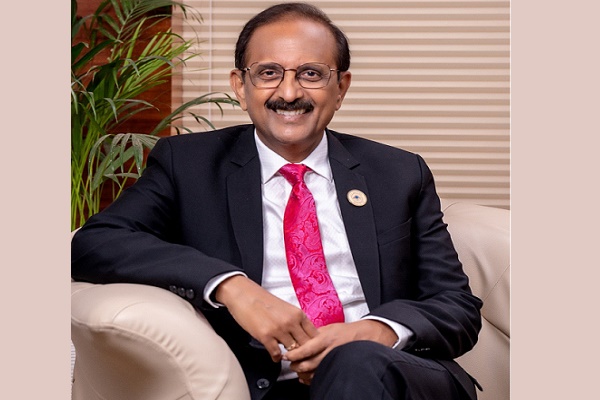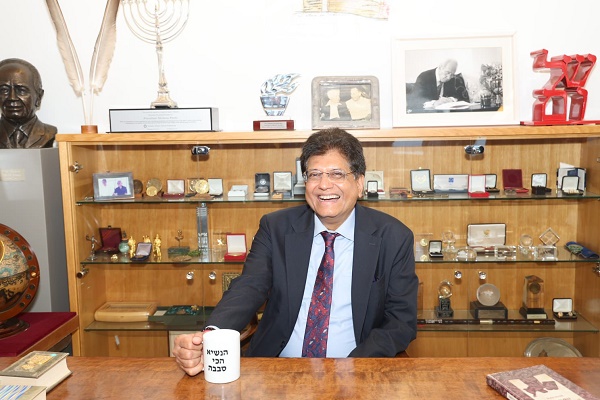Opinion- Budget request: Stop crushing the already taxed
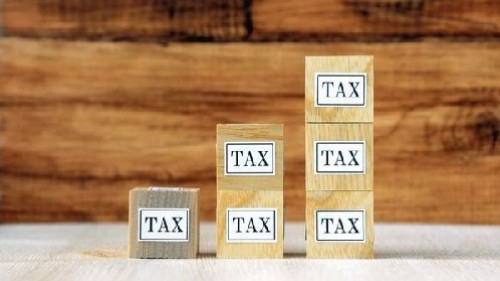
Follow us Now on Telegram ! Get daily 10 - 12 important updates on Business, Finance and Investment. Join our Telegram Channel https://t.me/InvestmentGuruIndia
Download Telegram App before Joining the Channel
Stung by the suit-boot-ki-sarkar jibe and wanting to distance itself from allegations of crony capitalism, levied ironically by those who wrote the manual on it, the Narendra Modi government used every subsequent budget to display its socialist face. In its attempt to get the rich to pay for the poor, the government has gone on increasing the burden on direct taxes on the relatively well-off Indians.
We asked our Budget 2020 knowledge partner EY to run some numbers for us on taxes that different income levels paid 10 years ago and what they pay today. The numbers tell their own story. Taxes at the bottom of the income slab have reduced; the person with ₹5 lakh of gross income used to pay around ₹22,000 as tax in FY11 but today goes tax-free. Those earning ₹12 lakh are better off by about 36% and pay just under ₹65,000 less in personal income taxes in a year. But start going up the income ladder and the taxes rise hugely. At an annual income of ₹55 lakh, you pay an additional 6% tax, at an income of ₹1.5 crore, you pay an additional 14% and at ₹6 crore annual income, you pay a huge 38% more tax.
The story of Indian personal income taxation says that less than 3% Indians actually pay income tax and two-fifths of the returns filed show zero tax payable. With the bulk of taxpayers in the zero tax or low tax brackets, the burden of higher taxation has fallen on the rich. India is still escaping the wages of poverty sown by the socialist centralization ideology that kept the country in the grip of rent seekers who have only redistributed poverty and not wealth. So, yes, in a poor country, the rich can pay for the poor and the way to do that is through taxes, but the flaw in this story comes from being a deeply corrupt country where the rich find ways of escaping the income tax net. Complicit accountants and company secretaries find ways to show low levels of taxable incomes for a host of very well-to-do professionals, entrepreneurs and businessmen. Just nine individuals filed a return of income of more than ₹100 crore in FY18.
It is unfair, feel those who either cannot or choose not to be outside the tax net, that the others who should pay find ways to escape the tax burden. Governments have tried over the years, mostly half-heartedly, to get people to pay their tax dues. For example, the “one by six" scheme tried to get people who owned houses, cars, telephones and credit cards, had travelled abroad and are members of clubs, to file tax returns. But this led to more litigation rather than having any major impact in the number of the rich who actually pay taxes. The latest attempt to declare bills of foreign travel of more than ₹2 lakh and electricity bills of more than ₹1 lakh in a year will fall in the same category. The gains will remain incremental and costly.
The need is to build capacity to use big data to figure out who is indeed escaping due taxes. The linking of PAN-Aadhaar is a key step towards the use of this data. But the work is actually capacity building within the system to use, analyze and then deal with the litigation that tax notices trigger. For example, the data generated post demonetization of unusual inflows into bank accounts is still to be fully processed and used. Tax notices are still going out to entities like jewellers to show how they account for the spike in cash deposit in that financial year. Of course, judicial processes ensure that the cases will take the next decade to resolve—reducing the gains for the government. Judicial reform then becomes a key to faster resolution of tax-related cases that will then bring more people in the tax net.
The interlinkages of every problem today lead to the distillate of the story: the band-aid solutions to the post-1991 problems in the system have reached their limit. The government will have to go in for deeper reforms to get real change. If you have ever seen the fate of a sugarcane stick that has passed through the juicer, you will know that after the third or the fourth attempt to juice the same stick, there is nothing but bitterness left. You need a fresh stick for more juice. Therefore, I expect nothing but a few more band-aids from this budget that will yield tiny incremental gains, if at all. But the bitterness in the hearts of those paying almost 40% more tax than 10 years ago is sure to increase.
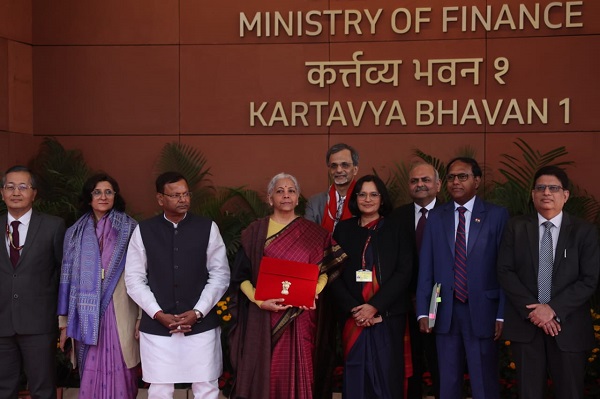
.jpg)



